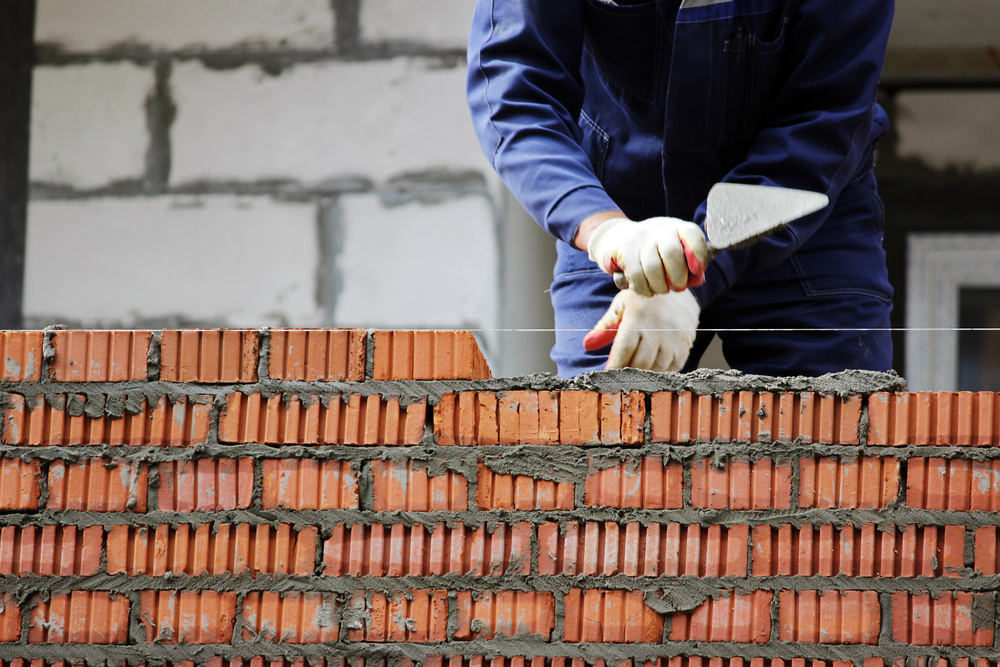
The number of new homes registered in Q3 2025 was 30,643, according to the National House Building Council (NHBC) – a rise of 8% year-on-year.
The third quarter of 2025 also saw a third consecutive increase in new home registrations, 1% more than the 30,135 registered in Q2 and 5% more than the 29,083 registrations in Q1.
NHBC corporate strategy director Daniel Pearce said: “Our latest figures show modest growth in home building, with a steady increase in registrations since the start of the year. While planning reforms and government investment have been welcomed, new home registration growth remains subdued as changes take time to bed in.
“Persistent affordability constraints mean home ownership remains out of reach for many. Both prospective buyers and builders will be watching the upcoming Budget closely for measures that could make homes more affordable and stimulate activity in the private sale market.”
There were 20,996 private sector registrations in Q3, a 9% increase on Q3 2024, with 19,238. The rental and affordable home sector saw a 6% rise in registrations in the third quarter, with 9,647 new homes completed compared to 9066 in Q3 2024.
Housing secretary Steve Reed has said his job is “on the line” if Labour fails to build 1.5 million new homes before the next election.
Seven of the 12 regions of the UK saw a rise in new home registrations in Q3 2025 compared to the same period of 2024.
The biggest increases were in the east (46%), north west and Merseyside (34%) and west midlands (30%).
The biggest decrease was in Northern Ireland (-39%), then Yorkshire and Humberside (-23%) and Wales (-18%).
Registrations in Q3 rose for all property types except bungalows, with only 309 registered completed, a fall of 9% compared to Q4 2024.
Pearce said: “There has been much talk of the ‘death of the bungalow’. Builders, facing rising regulatory and land costs, are increasingly focusing on three and four-bedroom homes over bungalows to maintain scheme viability and concentrate on areas of greatest demand from homebuyers.
“Looking ahead, we anticipate steady growth in new home registrations as government investment – particularly in social and affordable housing – and planning reforms begin to take effect. However, affordability challenges will continue to affect demand.”



